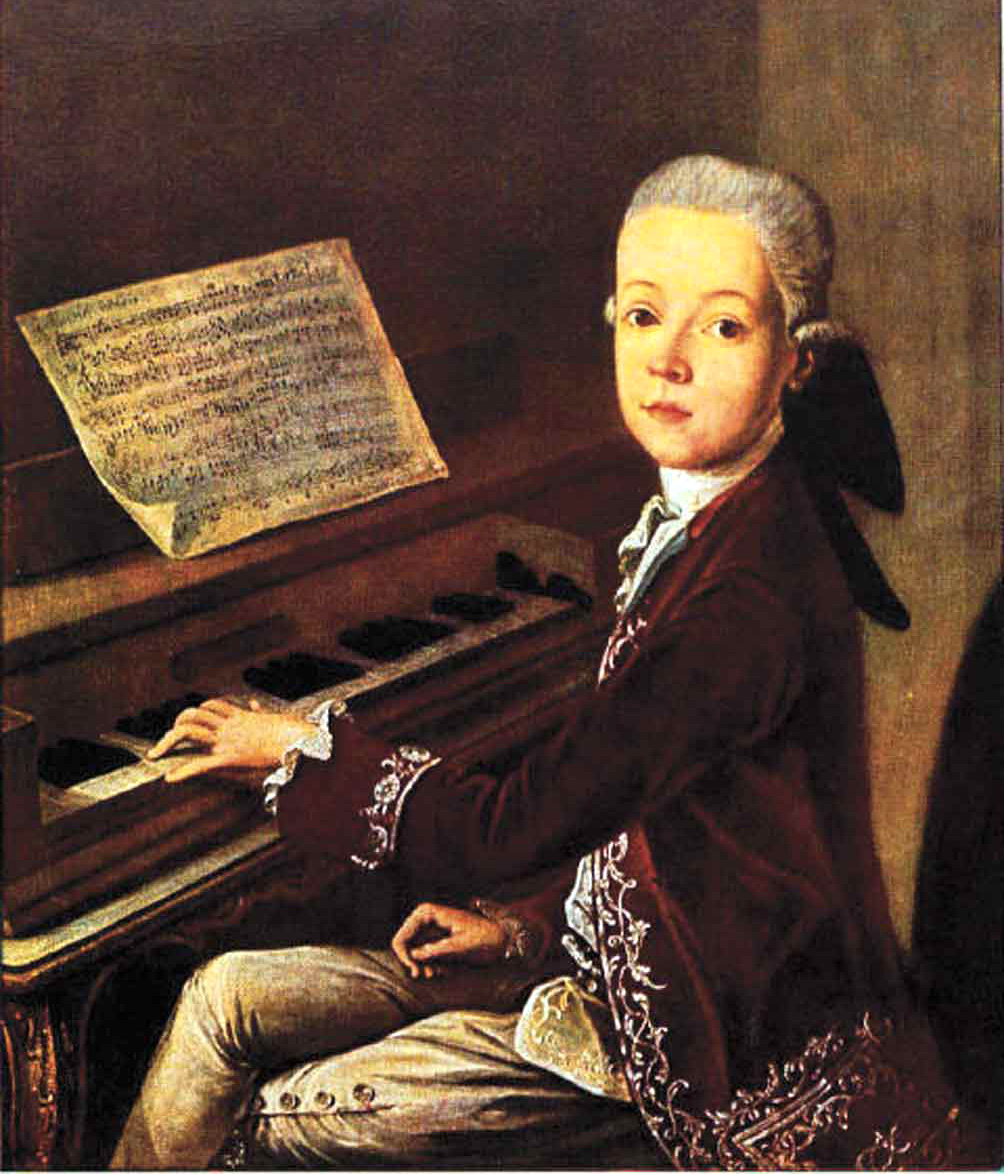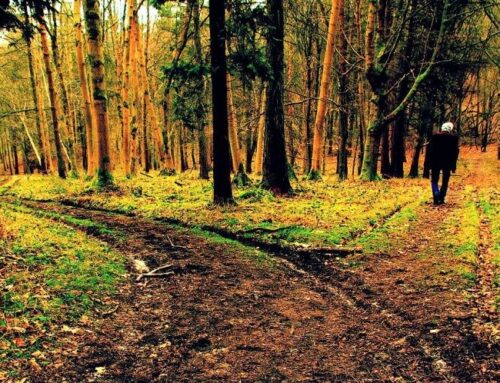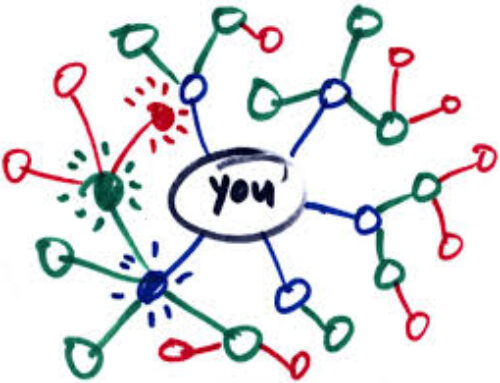Explore the How
July 18, 2017
Categories: Mission
This blog post is Part 8 in a 14-part blog series on discovering and living your mission. (If you missed Part 1, you can find it here.) Now that we have spent some time exploring the “why” and our purpose in life, we are going to shift gears and talk about the “how.” In other words, once you have clarified your “why,” there are endless ways that you can apply your time and energy toward your purpose.
The question of “how” gets at the second part of the equation of discovering and living your mission: What is your expertise?
Expertise vs. Talent
When I talked about the “why,” I focused on purpose rather than passion. Similarly, when I talk about the “how,” I focus more on expertise than talent. This is a deliberate decision. A lot of people get caught up with finding their talent, and they mistake talent for expertise. I think this is an error that can lead people off course from discovering and living their mission.
Here’s why: Talent is something that is thought to be fixed. We either have it or we don’t. Talent is something that we are born with. The problem is that research doesn’t really support this view. There is no gene for talent. Even when you examine the lives and histories of very “talented” individuals, a different story begins to emerge. Most individuals we view as talented actually had a history of beginning intensive training in their craft at a very young age. Expertise doesn’t usually happen until a person has accrued about 10,000 hours (or about 10 years) of intensive practice.
Mozart
For example, Mozart’s father was a famous composer and performer. He was also a domineering parent who started his son in intensive training in composing and performing at the age of 3. Mozart’s early compositions weren’t very good. Many of them were “corrected” by his father, or copied from other composers. None of his early compositions are regarded today as great music. They are rarely performed or recorded. They seem to be the works of someone being trained as a composer by the usual methods (e.g., copying, arranging, and imitating the works of others).
The first of Mozart’s works to be regarded as a masterpiece is Piano Concerto No. 9, composed at the age of 21. This was an early age, but at that time Mozart had been through 18 years of extremely hard, expert training. Mozart’s “talent” did not allow him to produce world class work quickly or easily.
Tiger Woods
Or take the example of Tiger Woods. Tiger’s father Earl was a teacher and was passionate about golf. Earl gave Tiger his first putter at 7 months old. Tiger literally sat in his high chair in the garage and watched Earl hit balls for hours. Before Tiger turned 2 years old, they were at the golf course playing and practicing regularly. Tiger first achieved outstanding performance in international competition at age 19, as a member of the U.S. team in Walker Cup play. This was an early age, but at that time Tiger Woods had been practicing golf at a high intensity for 17 years.
The Science of Expertise
Instead of focusing on talent, I will encourage us to focus on developing expertise. Expertise isn’t as random as talent—there is a science that underlies the development of expertise. Developing expertise isn’t easy—it takes a lot of hard work and effort. Some of us don’t have the patience and discipline to develop expertise. But if you truly want to discover and live out your mission on a daily basis, there is no substitute for developing expertise. It is the only way to effect major changes in your area of purpose.
When working toward living out your mission in life, explore the how. Focus on developing an area of expertise. Don’t worry too much about whether you have enough talent. Talent is often expertise in disguise. You just haven’t seen the long hours that went into it.

Related Thoughts
No Comments
Leave A Comment

Subscribe To My Newsletter
Join my mailing list to receive the latest blog posts.
Receive my e-book “The Mental Health Toolkit” for free when you subscribe.






[…] previous posts, you can find Part 1 here.) In the last blog post, we talked about the importance of exploring your “how,” and developing an area of expertise that you can use to work toward your […]
[…] we will walk through some exercises designed to help you develop your expertise. In other words, what is the “how” that will help you live out your mission on a day-to-day […]
[…] the last few blog posts, we have explored some exercises to help us identify an area of expertise—the “how” part of the equation for discovering and living into your mission. In this blog post, I want to talk about what science […]